Can U Drive With Your Eyes Dilated
But, can you still drive when your eyes are dilated? Some patients do drive themselves after having their eyes dilated, but it’s important to remember that you will be sensitive to light and your vision may seem blurry.


Even without dilated eyes, it’s harder to see in the rain, snow, or when it’s dark.
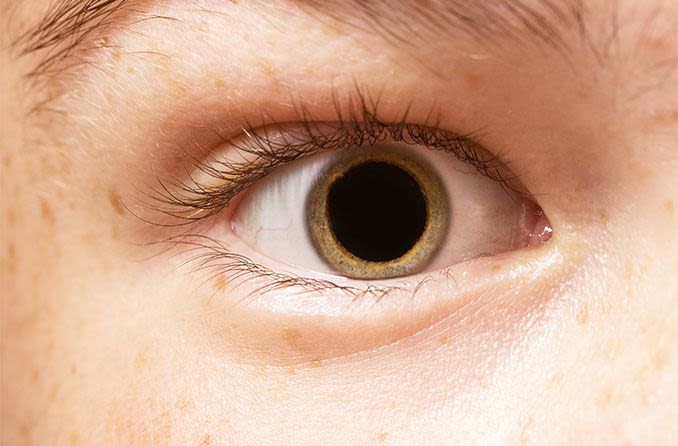


Can u drive with your eyes dilated. Sunglasses make a big difference in preventing the majority of light from bothering the person. The answer is yes, but with some limitations. The personal decision to drive is not impacted by how long ago your eyes were dilated.
Even without dilated eyes, it’s. In fact, the eye exams won't affect your ability to drive. Can you drive after eyes are dilated?
If you’re usually not comfortable behind the wheel, then it’s probably not a good idea to drive while your eyes are dilated. If conditions aren’t ideal, get someone else to pick you up. Eye doctors dilate the eyes to perform comprehensive eye exams… without dilation the doctor cannot inspect and evaluate the.
Most people can drive with dilated eyes. It may not be safe to drive yourself after having your eyes dilated. If you’re usually not comfortable behind the wheel, then it’s probably not a good idea to drive while your eyes are dilated.
Even without dilated eyes, it’s harder to see in the rain, snow, or when it’s dark. People can choose to drive after their eyes are dilated, as stated by webmd. While many patients drive after having their eyes dilated, it is essential to keep in mind that you will be more sensitive to light and your sight may be somewhat blurred.
If you’re usually not comfortable behind the wheel, then it’s probably not a good idea to drive while your eyes are dilated. After having your eyes dilated, you are permitted to drive. Many patients do drive themselves after having their eyes dilated, but it is important to remember that you will be sensitive to light, and your vision may be somewhat blurry.
How long after eyes dilated can you drive? Even without dilated eyes, it’s harder to see in the rain, snow, or when it’s dark. However, most eye doctors will tell you that you should only drive if you are comfortable driving.
For this reason, wear sunglasses and ask a loved one or friend to drive you home if your eyes are dilated as part of your eye exam. Many patients do drive themselves after having their eyes dilated, but it is important to remember that you will be sensitive to light, and your vision may be somewhat blurry. There are no documented guidelines on driving after pupillary dilatation.
Getting your eyes dilated is an important part of any complete eye exam. After all, some people say that they cannot see clearly after having it done. If conditions aren’t ideal, get someone else to pick you up.
And generally speaking, they can be caused by high blood pressure, stress, eye strain. And it can be fine. Your vision will be blurred and more sensitive to light from the dilating eye drops, so driving is one of the things you should avoid.
If you’re usually not comfortable behind the wheel, then it’s probably not a good idea to drive while your eyes are dilated. When you schedule your appointment, ask if you can expect to have your pupils dilated. Most people do feel comfortable to drive after their pupils have been dilated.
So it's probably best to arrange for someone to drive you home. After that i need to see my regular ophthalmologist and he will probably want to dilate. This is a study of patients who drove a car after attending the eye casualty for an ocular examination during which their pupils were dilated.
Typically, vision is back to normal within an hour. That depends on the type of dilating eye drop used and how your eyes react. Thirty patients were identified who felt confident to drive after their pupils were dilated.
Distant visual acuities, colour vision and confrontation visual fields were assessed before and after. Should you drive after eye dilation? Sunglasses make a big difference in preventing the majority of light from bothering the person.
You should know that when dilated pupils occur, the black part of the eye will be bigger than normal one. There is no specific period of time that a person must wait before driving after their eyes are dilated. Your doctor will provide you with instructions on how to care for your eyes until the effects of the dilation wear off.
My retina specialist wants me to come back in a month and have my eyes dilated again. Getting your eyes dilated is an important part of any complete eye exam. Yes, you can drive after a a dilated eye examination.
Eye doctors dilate the eyes to perform comprehensive eye exams…. Your eye doctor cannot tell you how blurry your vision will be and for how long. You should make arrangements to have someone drive you after your appointment.
Occasionally, we use longer lasting eye drops in younger children, which can last approximately 24 hours. But i have to tell that you should not overuse your eyes through watching too much computer screen. How frequently can eyes be dilated?
When you schedule your appointment, ask if you can expect to have your pupils dilated during the exam. If the patient decides to drive, it is important to wear sunglasses because the eyes tend to be sensitive to the sunlight after dilation. For example, you can usually drive, but if your eyes are especially sensitive, it is best to avoid driving until the effects are gone.
Well, in my opinion, you can go to work when you have dilated eyes. Can you drive with your eyes dilated? Most people can drive with dilated eyes.
If conditions aren’t ideal, get someone else to pick you up. Rest assured, there is nothing illegal about it, and it’s considered safe to drive with your eyes dilated, webmd explains. Without dilation the doctor cannot inspect and evaluate the.
Besides putting other drivers and yourself at risk, you can also risk causing permanent damage to your retinas from uv exposure.

















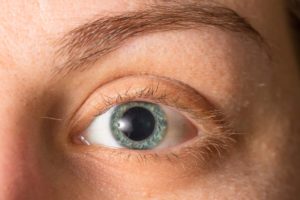
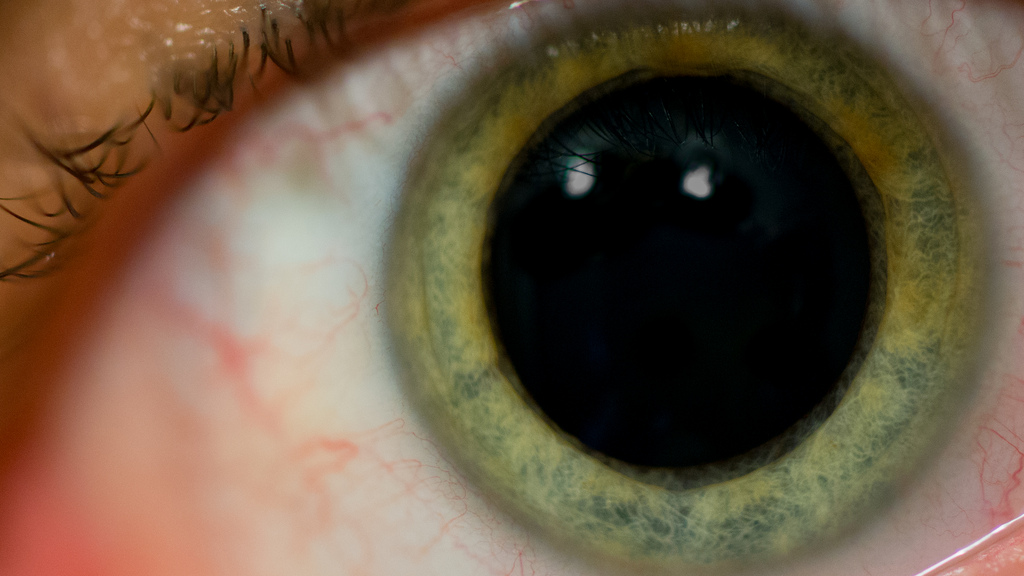
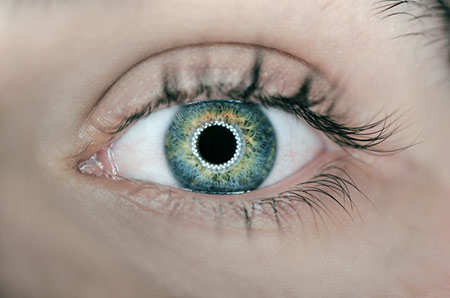

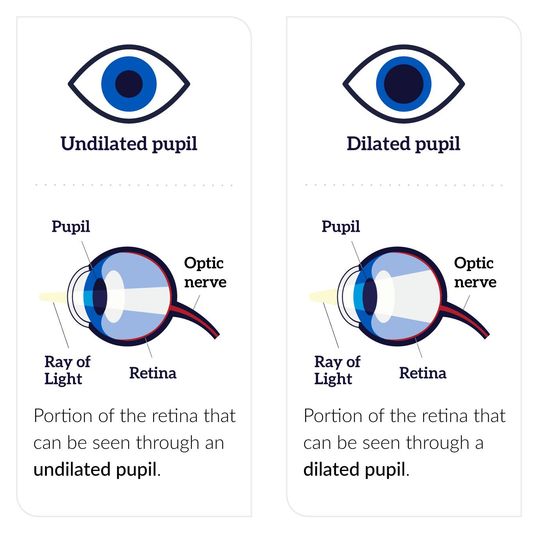

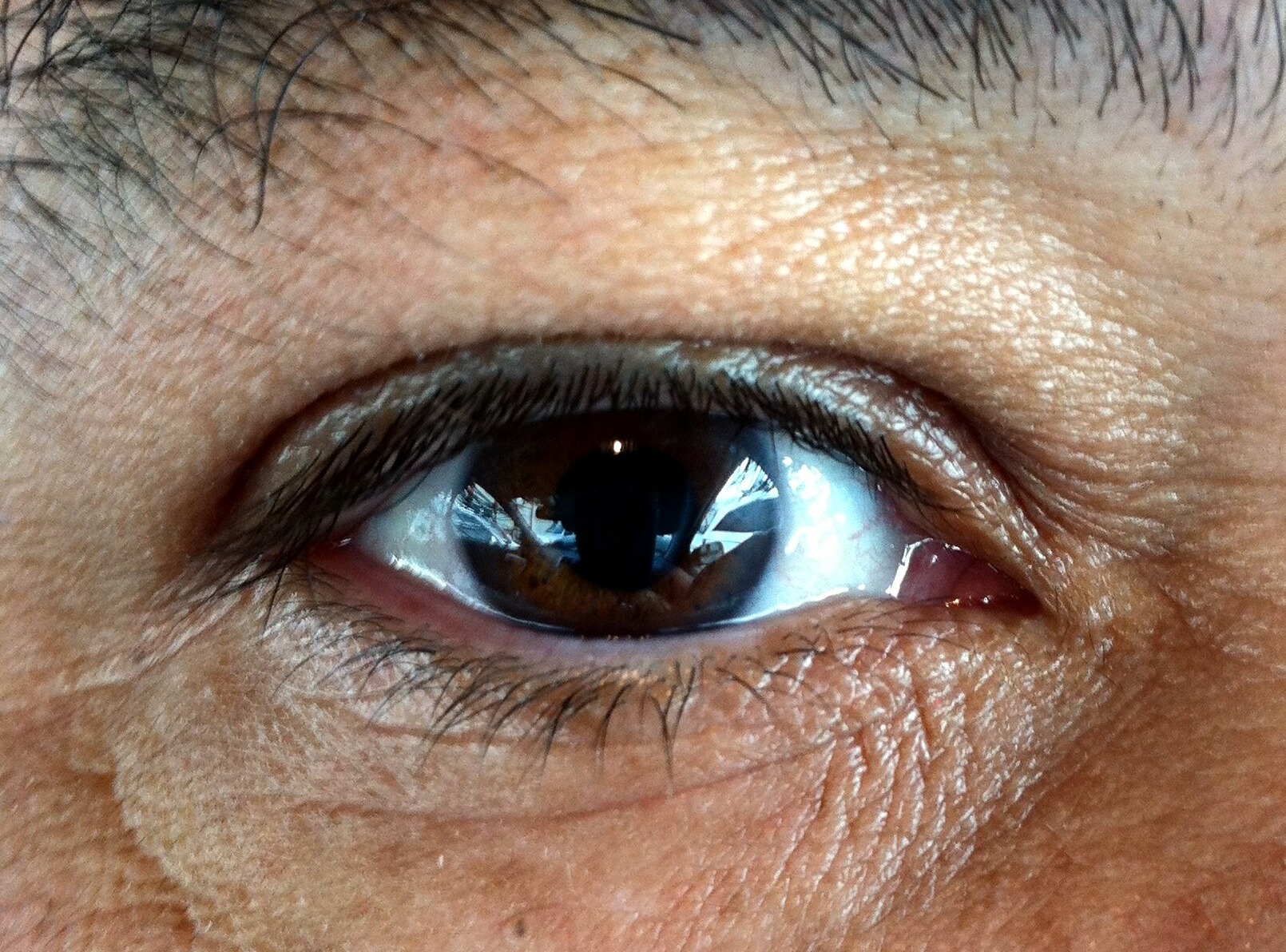
0 Response to "Can U Drive With Your Eyes Dilated"
Post a Comment